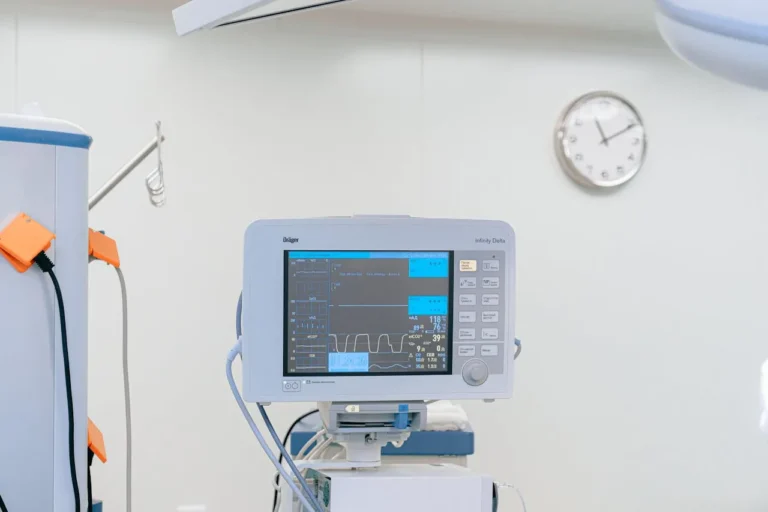
Adjuvant chemotherapy, also known as preventive chemotherapy, is a critical component in the comprehensive treatment of cancer. It involves administering chemotherapeutic agents after primary treatment, typically surgery, to eliminate any remaining cancer cells and reduce the risk of recurrence (Osorio, M. et al., 2020). Dr. Karisha Quarrie, Head of Clinical Directorate at Life Healthcare, underscores the importance of this post-surgery therapy in safeguarding against cancer recurrence and enhancing patient survival rates.
Dr. Quarrie clarifies that “preventative chemotherapy” is a colloquial term for adjuvant chemotherapy, emphasizing its role in preventing cancer from returning after initial treatment. This therapy targets residual cancer cells that may remain undetected after surgery (Osorio, M. et al., 2020). According to Dr. Quarrie, these lingering cells pose a significant risk for recurrence, underscoring the necessity of adjuvant chemotherapy in eradicating them and improving long-term outcomes.
“The primary objective of adjuvant chemotherapy is to address potential microscopic disease that may evade detection during initial treatment,” explains Dr. Quarrie. “By eliminating these residual cancer cells, our aim is to prevent recurrence and enhance patient prognosis.”
The decision to pursue adjuvant therapy, whether chemotherapy, radiation therapy, or hormonal therapy, hinges on several factors including cancer type, stage, tumor characteristics, and individual patient considerations. Dr. Quarrie stresses the importance of personalized treatment plans tailored to each patient’s unique needs and the specifics of their cancer diagnosis.
Depending on the diagnosis, some patients may benefit from combined therapies such as chemotherapy and radiation, while others may receive chemotherapy alone (Kamble 2024). “It’s crucial to evaluate the evidence and carefully consider the patient’s individual circumstances when determining the optimal treatment approach,” advises Dr. Quarrie. “Our goal is to achieve the best possible outcomes while minimizing potential side effects.”
Adjuvant therapy may involve various modalities tailored to the cancer’s characteristics and the patient’s requirements, including radiation and hormonal treatments. “Ultimately, adjuvant chemotherapy acts as an additional defense against cancer recurrence,” clarifies Dr. Quarrie. “By targeting residual cancer cells and potential microscopic disease, it significantly reduces the risk of relapse and improves long-term survival.”
Dr. Quarrie highlights that adjuvant chemotherapy is customized to each patient, taking into account factors such as tumor type, size, location, and biological features to optimize treatment effectiveness. Chemotherapy can be administered orally or intravenously, with regimens tailored to manage potential side effects like fatigue, nausea, and hair loss while maximizing therapeutic benefits.
“Despite its challenges, adjuvant chemotherapy has demonstrated significant improvements in survival rates across various cancers,” notes Dr. Quarrie. “For many patients, the potential benefits outweigh the temporary discomforts associated with treatment.”
In conclusion, adjuvant chemotherapy plays a pivotal role in the holistic management of cancer, offering substantial benefits in reducing recurrence risks and enhancing long-term survival. As treatment strategies evolve, personalized adjuvant therapy plans remain essential for optimizing outcomes and delivering comprehensive patient care.




